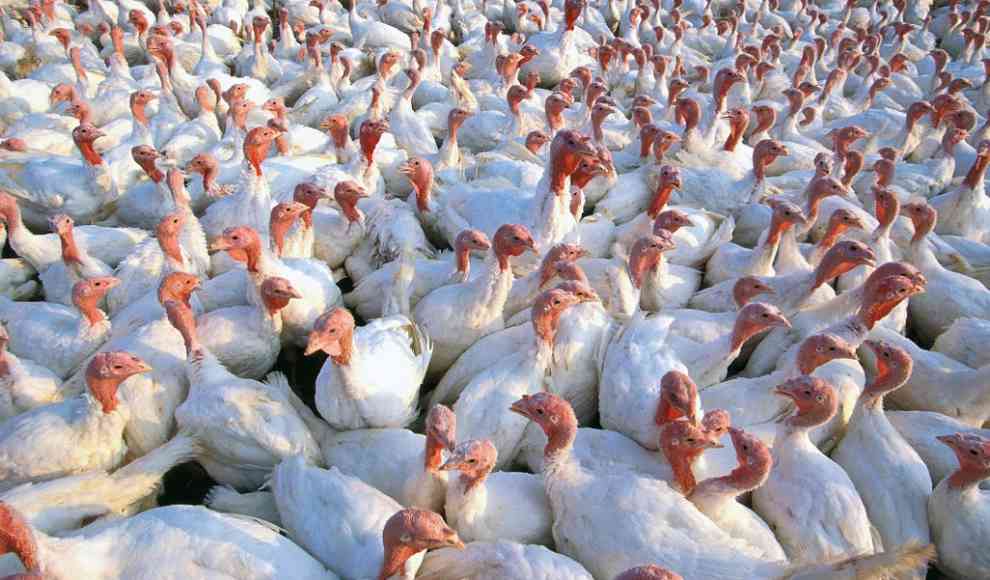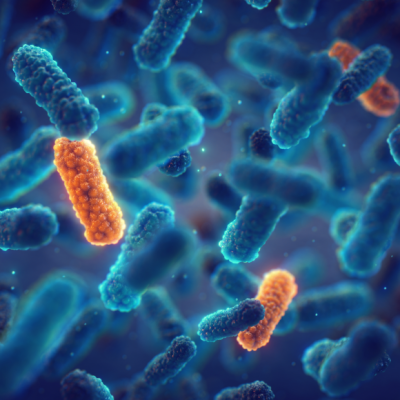Multiresistant bacteria have been found in meat samples from German discount stores, prompting the World Medical Association to call for stricter regulation of related medications by the EU. A study by the German Environmental Aid (DUH) revealed that disease-causing pathogens are present in much of the meat sold in stores. The DUH examined turkey meat purchased from two German discount chains and found antibiotic-resistant germs in over a quarter of the samples. Some of the meat even contained multiresistant germs that are immune to reserve antibiotics.
During the presentation of the DUH study, Frank Montgomery, Chairman of the World Medical Association, criticized the extensive use of antibiotics in livestock farming. He called for the European Union (EU) to regulate the use of antibiotics in animal husbandry more strictly, limiting the use of reserve antibiotics to the treatment of humans. The EU has already taken steps to reduce the use of antibiotics in livestock farming, but the emergence of multiresistant bacteria in almost all German lakes highlights the need for further action.
The use of antibiotics in livestock farming has led to the development of antibiotic-resistant bacteria, making it difficult to treat infections in humans. The EU must take more stringent measures to regulate the use of antibiotics in animal husbandry to prevent the spread of multiresistant bacteria. The World Medical Association’s call for action is a reminder that the health of humans and animals is closely linked, and that we must take steps to protect both.










